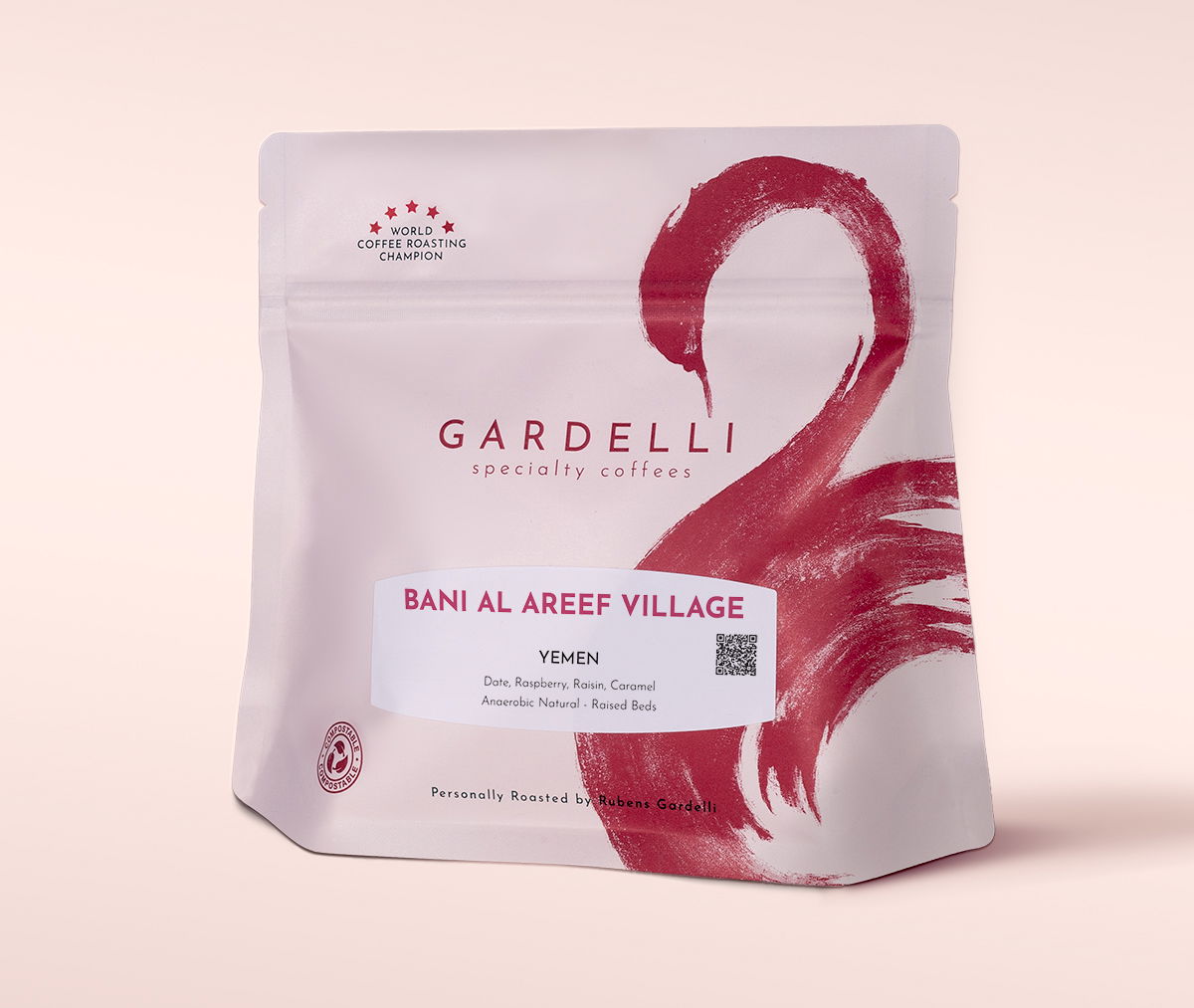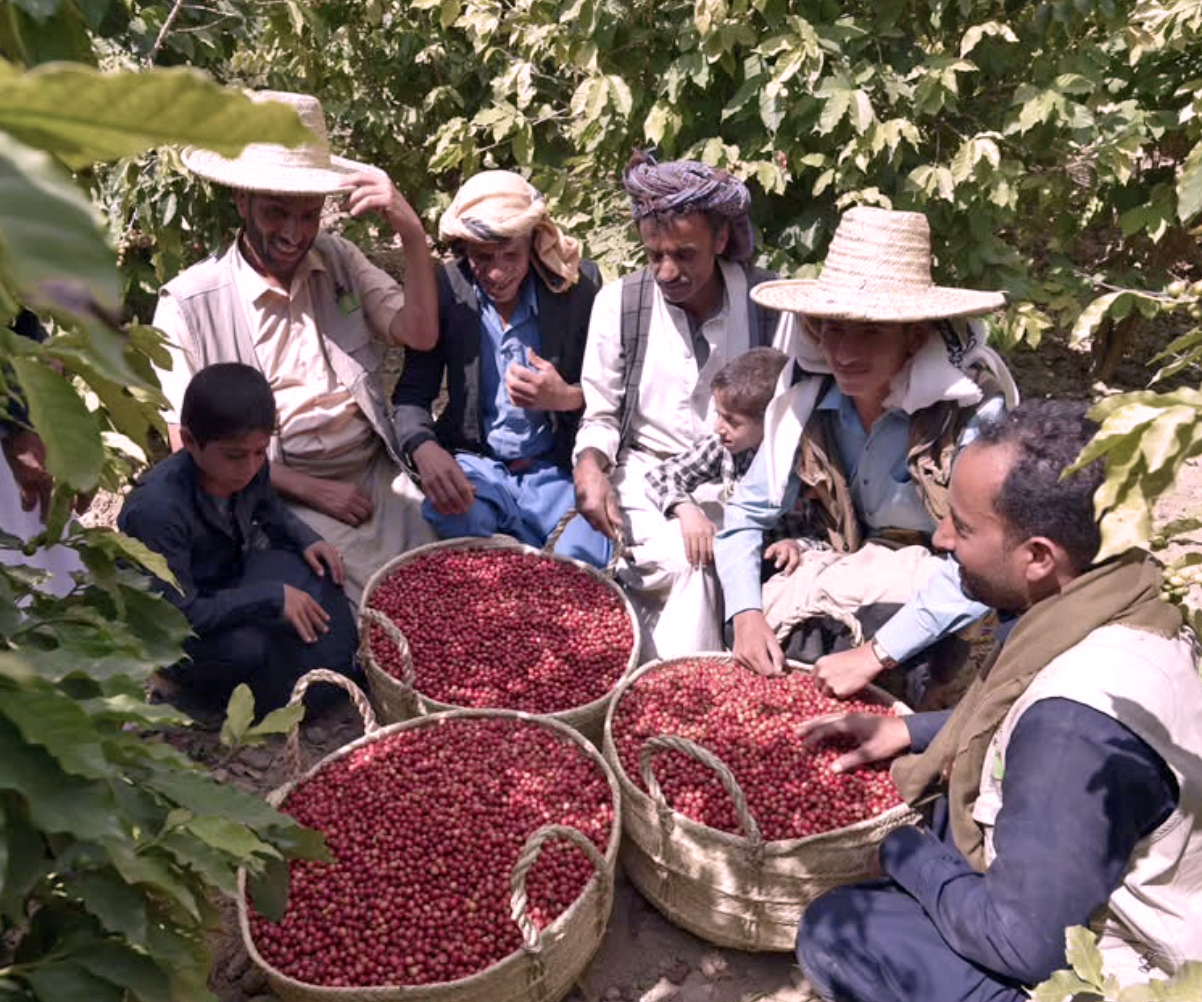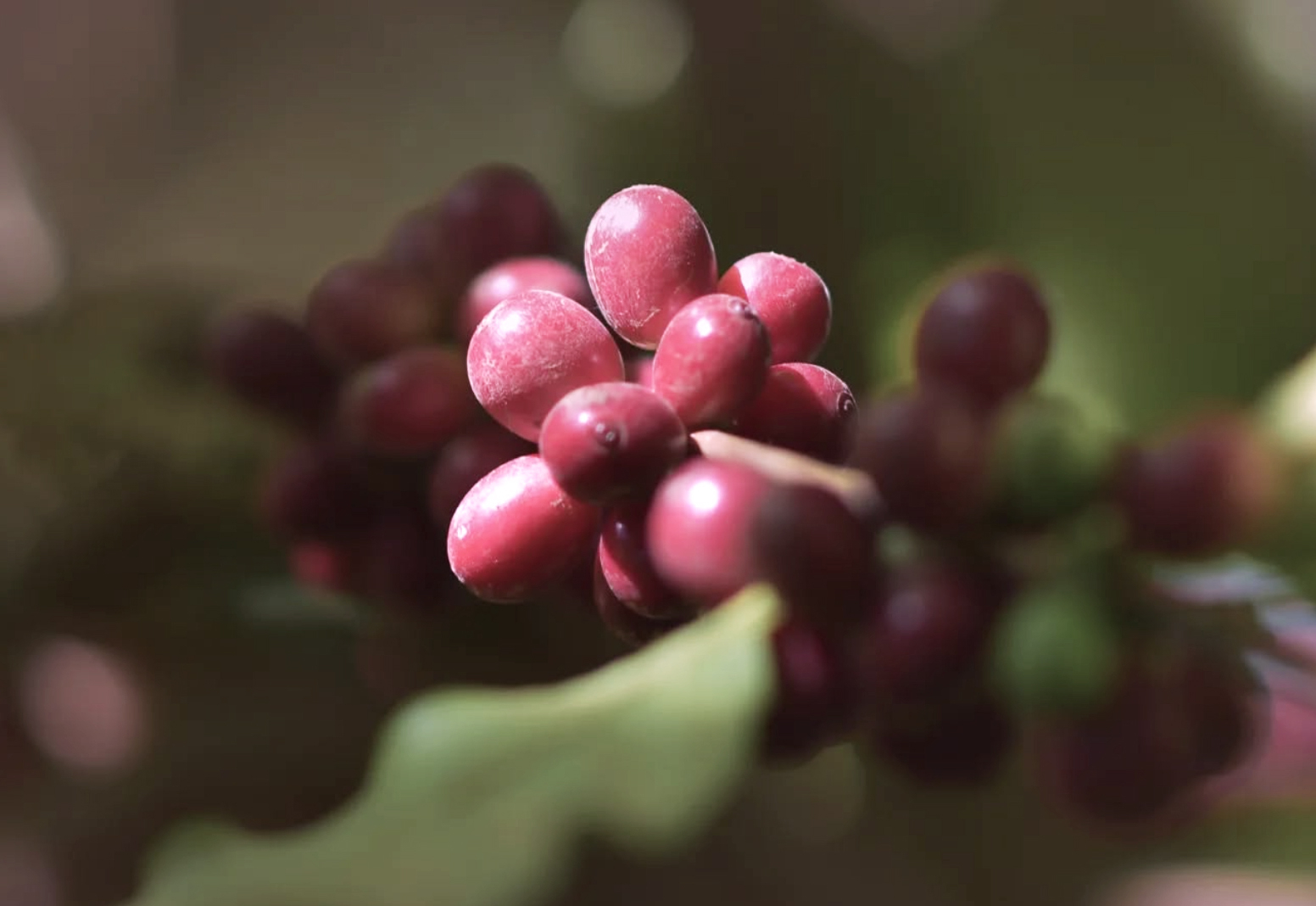







Yemen
250g
Cup Notes: Date, Raspberry, Raisin, Caramel
Rich and refined, this Yemeni coffee offers a clean, balanced cup with remarkable depth, shaped by traditional cultivation and expert fermentation.
Suggested for espresso and filter
when we roast
We freshly roast to order all coffees on Monday, Wednesday and Friday (excluding national holidays), and ship the same day! Cut-off time is 11:59pm (UTC+1) of the day before the roast day. *We only ship whole beans*
Bani Al Areef is a village west of Haraz, where around twenty farmers cultivate coffee as the primary source of income. Located approximately 16 km from the centre of Manakhah District, the village sits at an altitude of 1,700 to 2,100 masl. Coffee is grown on terraced fields that have been carved into the rugged landscape.
The exact origins of coffee cultivation in Bani Al Areef remain uncertain. However, historical records confirm that coffee has been grown in Haraz for at least 400 years. To this day, farmers in the village follow traditional agricultural practices, as no modern machinery for cultivation, irrigation, or harvesting has been introduced.
In Yemen, coffee is typically grown on small plots, ranging from 60–70 trees to 400–500 trees per farmer. The predominant variety in this region is Jaadi/Udhini, a large tree known for its high yields.
Each farmer’s harvest is carefully recorded upon delivery to the processing station. The price they receive is determined by the quantity of coffee delivered, its moisture content at the time of arrival, and its density.

According to technical information provided by our supplier, this coffee belongs to the Jaadi and Udhini varieties.
While researching these Arabica cultivars, we came across the following insight:
"The colloquial Yemeni names for coffee trees include Udaini, Jaadi, Tufahi, and Dawairi. Though farmers once believed these names corresponded to specific varieties, researchers have found significant regional inconsistencies in naming conventions. The same plant may be referred to differently from one area to another, meaning these traditional names do not necessarily indicate a distinct variety. As a result, some of these names appear on retail coffee bags abroad, even when the beans differ in both appearance and flavour."
We share this with you in the spirit of transparency. Since available information remains inconclusive, we prefer to avoid making definitive claims.

Farmers deliver freshly harvested coffee cherries to designated buying points established by Mocha Mill, the processing station. The cherries are then transported to Mocha Mill’s warehouse in Sana’a, where they are processed and stored in Ecotact bags. After processing, the coffees are cupped and sorted based on quality before undergoing further milling, colour sorting, and hand-picking. Finally, the beans are packed into 30 kg bags in preparation for export.
The fermentation process begins with carbon soaking in sealed tanks equipped with air-extraction tubes. During the second stage, carbon dioxide is pumped into the tanks, where the coffee remains for two to five days, until it reaches a pH level of 4. The beans are then sun-dried for two to three days, depending on temperature, before undergoing a slow drying phase in the shade for up to 40 days. During this time, the beans are regularly stirred, and humidity levels are carefully monitored and recorded.
